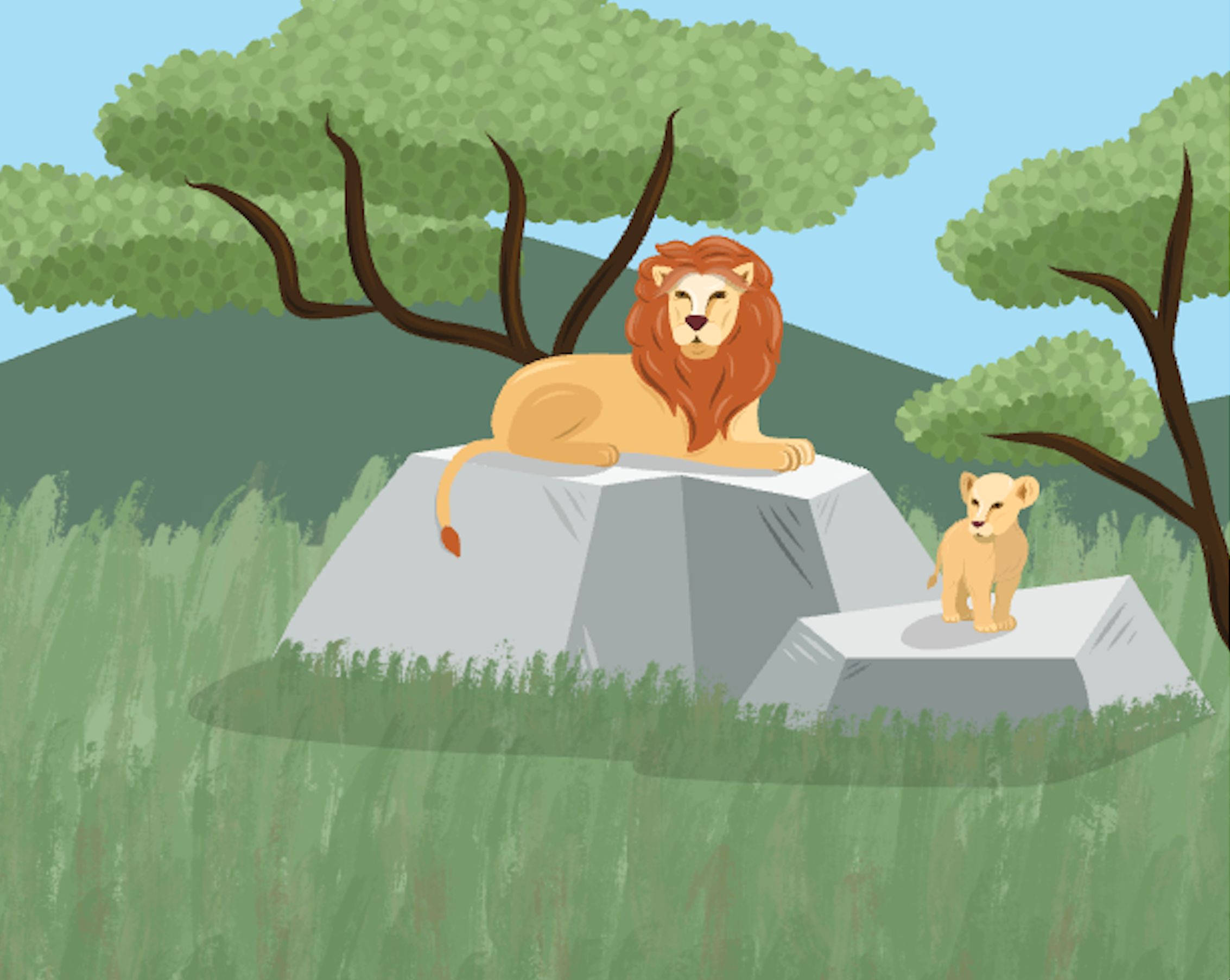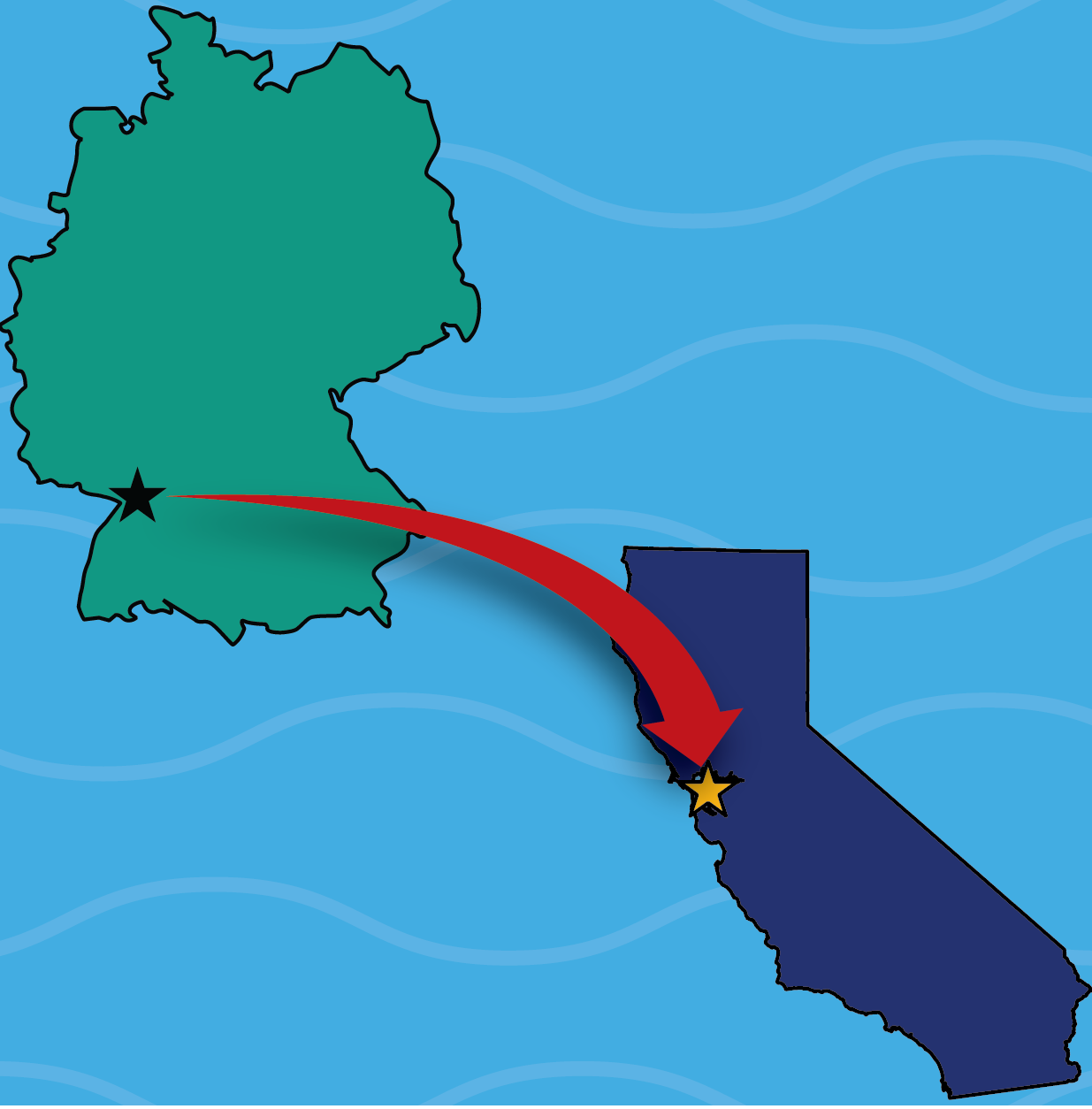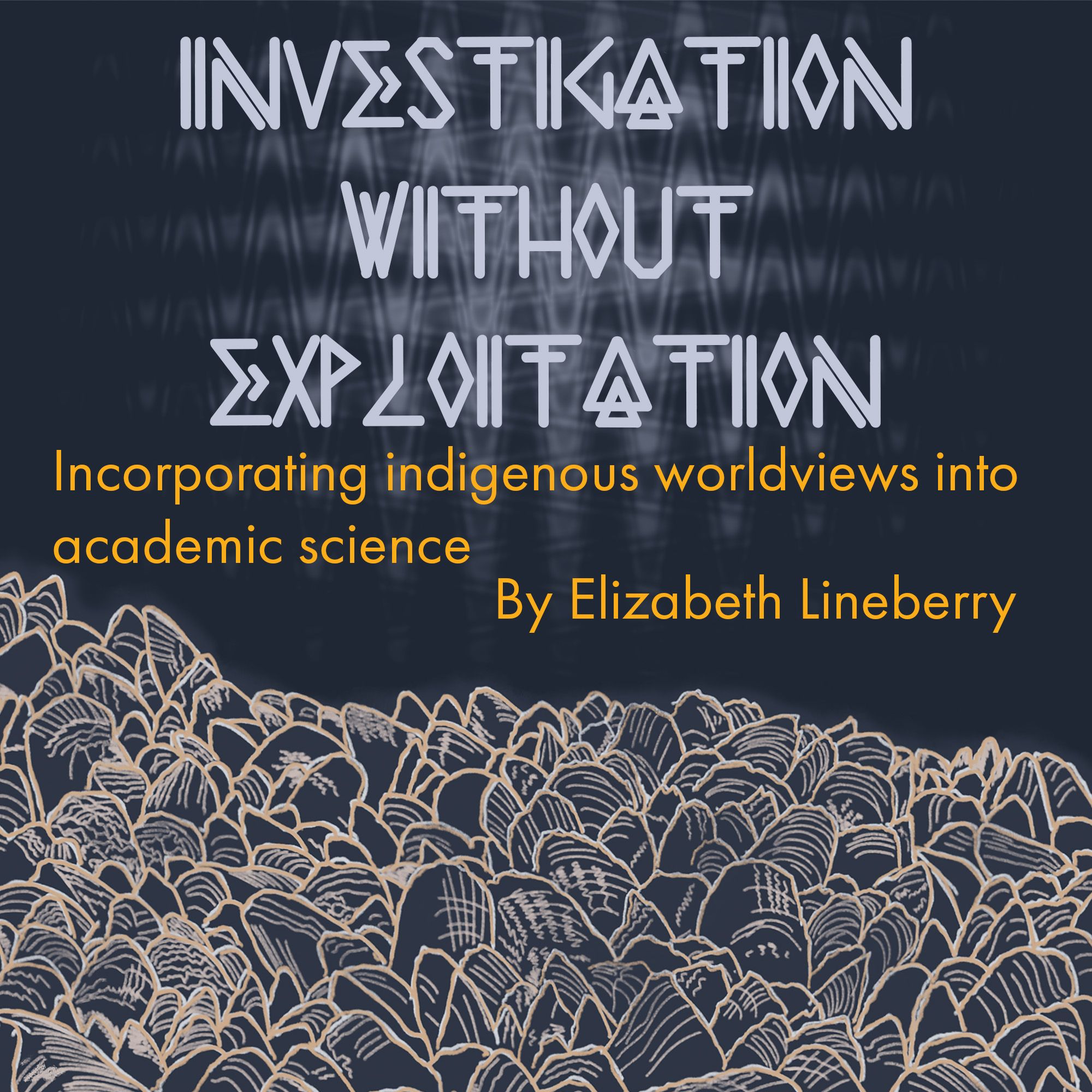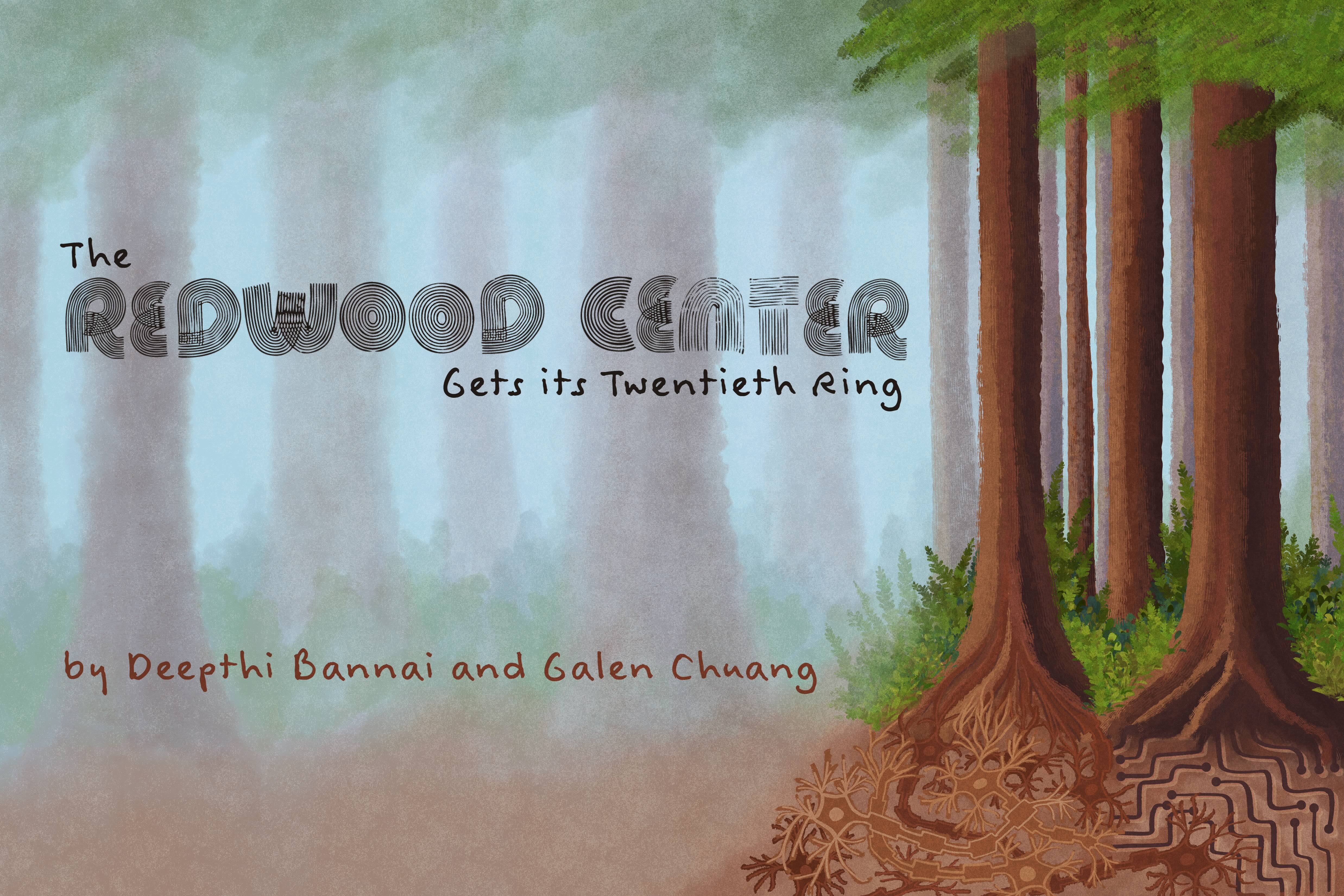Lions, tires, and fieldwork, oh my!

On the first day of my undergraduate mammalogy class, my professor finished going over the syllabus and looked us all in the eyes. “I’m letting you know now that we’re going to deviate from this schedule immediately. We’re doing fieldwork in this class, which means equipment will break, the weather won’t cooperate, and the animals will never, ever do what we want them to do. If you can tolerate that, fieldwork is the most rewarding thing in the world.” I didn’t know it at the time, but he was teaching us the first lesson of field biology, which can be summarized by the infamous Murphy’s Law: “Whatever can go wrong, will go wrong.” Later that summer, after we’d spent two weeks trudging around the woods of northern Michigan at night and failing to locate a radio-collared coyote-wolf hybrid, we learned the local Department of Natural Resources had loaned us a broken radio receiver. We could have been ten feet from the animal and never heard a beep. I was exhausted and frustrated as I dragged myself out of bed at 2 a.m. the next day to try again with a new receiver. Recalling my professor’s words, I wondered if fieldwork was for me. An hour later, the radio receiver crackled to life with a quiet, repeated beep, indicating the collared hybrid was somewhere nearby. We triangulated her location using a directional antenna, map, and compass. As we noted the angle of her signal on our map, an eerie sound disrupted the quiet of the dark woods—part wolf howl, part coyote yip. I stood there, listening to the daughter of a wolf and a coyote singing to her pack, and knew I was going to do fieldwork for the rest of my life.
It's been almost ten years since that night in the woods, and I’ve spent thousands of hours in the field observing animals, collecting biological samples, and recording environmental variables to better understand animal behavior. As a graduate student at Berkeley my work has focused on the social behavior of wild California ground squirrels, aiming to understand why some animals are more social than others and how that affects other aspects of their life. Animals exist in staggeringly complex environments. Since I can’t ask a squirrel why it behaves the way it does—why, for example, it’s ignoring my carefully baited experimental apparatus in favor of eating a paper straw wrapper—it falls to me to try and untangle the vast web of resources, social interactions, obstacles, and dangers that make up an animal’s habitat to understand what variables are influencing their behavior. While laboratory studies can remove confounding variables and are incredibly valuable, something is lost when an animal is removed from the context of its natural surroundings. Their behavior is as much a product of their environment as it is their brain and biology. As frustrating as the complexity and unpredictability of the natural world can be, it has a lot to teach us about how and why animals do what they do—and how we can learn to live with unpredictability ourselves.
After college I had hunted for ways to get back in the field and landed a job as a research assistant observing spotted hyenas in the Maasai Mara Reserve in Kenya. If that summer of undergraduate mammalogy was dipping my toe in the pool of fieldwork, my year in Kenya was jumping straight in the deep end. I launched into six to seven hour days of tracking hyenas, recording their behavior, collecting fecal and saliva samples, and measuring prey abundance, on top of maintaining our field camp and precious research vehicles. I quickly learned the second lesson of field biology: your plans are not dictated by your own preferences, but by nature itself. My life revolved around those hyenas and their environment. If they spent all day lazing at their den, so did I. If they hunted, I followed. If it rained too much to safely drive off-road, I got a day off. Attempting to predict what the next day would look like was an exercise in futility. I was learning the practical skills of a behavioral ecologist, but I was also learning to tolerate uncertainty—something I hadn’t had much experience with as a fresh college graduate. My life until then had been structured around rigid schedules of school, work, and extracurriculars. Uncertainty was anxiety-inducing: if I didn’t know what to expect, how could I be prepared? In the field, the only certainty I had falling into bed each night was that I had no idea what the next day would bring.
In accordance with the laws of fieldwork, things went wrong, and they did so spectacularly. Circumstances conspired to throw me and my fellow researchers into chaos whenever possible. The cars broke down; the roads flooded; the hyenas moved their den and hid it so thoroughly that we couldn’t find it for three months. I’d never changed a tire before arriving in Kenya but had to learn quickly, as they were an occupational hazard of driving off-road on rough terrain, and I soon prided myself on the speed with which I could swap in our spare tire. Lest I get too smug, my next flat tire was about twenty feet from a pride of sleeping lions. A passing tour driver, after he stopped to laugh at our obvious predicament, waited with us until the lions moved to a less actively dangerous—but still unsettling—distance away, and we broke our personal records for tire-changing speed. With every setback, I noticed my confidence and resilience growing. I worried less about what would happen if something went wrong and felt reasonably assured that when something went wrong, I’d be able to handle it.
When I began my work at UC Berkeley, I tried to carry these hard-won lessons with me. While I was out in the field, I could roll with the punches of uncooperative animals or faulty equipment. When I spent three days trying to trap an uncannily smart squirrel to retrieve the $500 accelerometer collar it was wearing, I was able to shake it off. Like many grad students, however, I’m a terrible perfectionist. The unpredictability I could tolerate in fieldwork was overwhelming in other parts of my career. I convinced myself that if I did everything just right—wrote the perfect grant, published the perfect paper—I would get the outcome I wanted. If I didn’t get that outcome, then it was my fault. When I finally noticed this pattern of thinking, I realized the false dichotomy I’d created. Uncertainty was fine in the face of nature where I couldn’t possibly exert control, but it was intolerable everywhere else. In reality, I have no more control over grant reviewers than I do over the behavior of a cantankerous 600 gram rodent. It’s challenging to reckon that everyday life can be as unpredictable as an African savanna or a California grassland, but fieldwork has trained me well. Patience, good humor, and a pile of contingency plans have gotten me through any number of fieldwork catastrophes. Bringing that attitude out of the field and into the office may get me through the rest of my PhD.
This article is part of the Spring 2024 issue.





